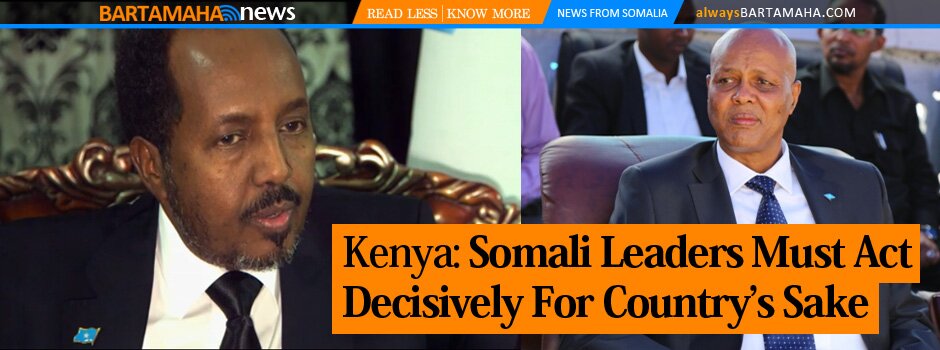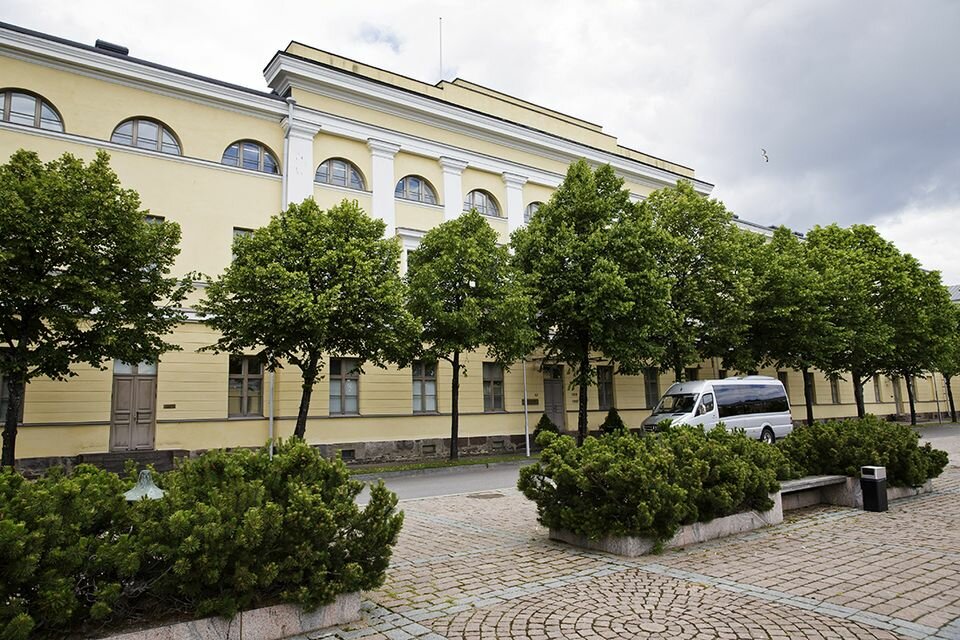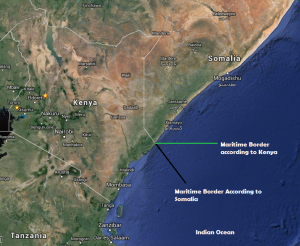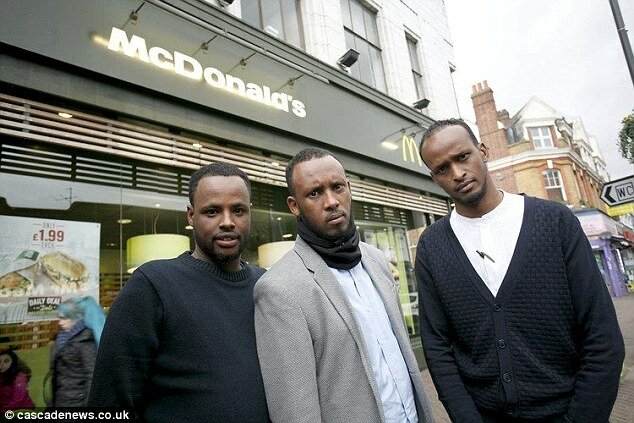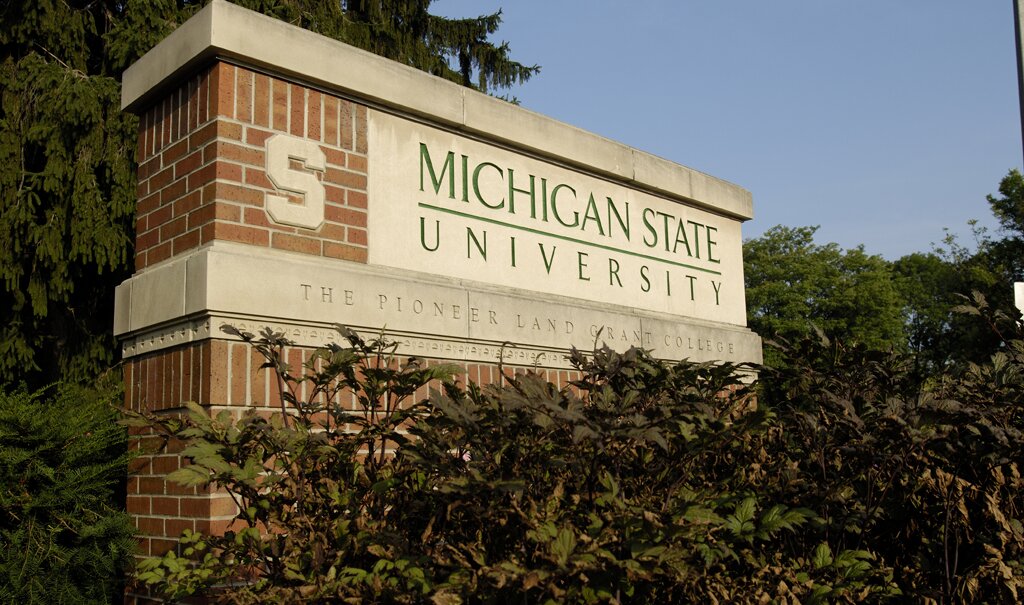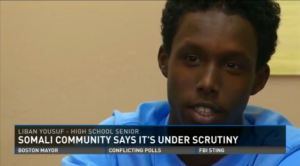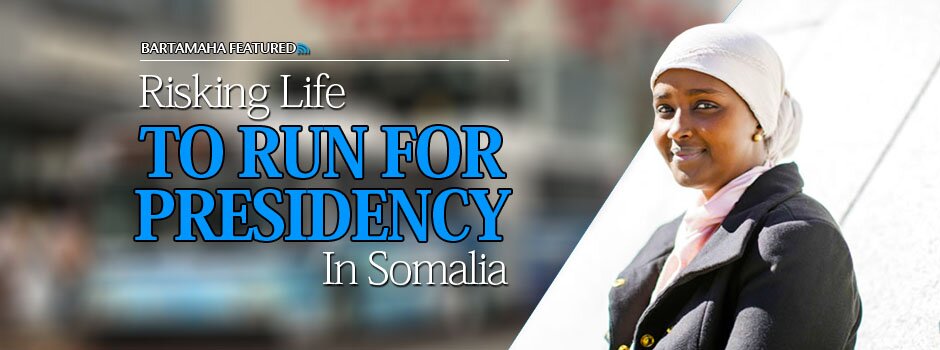Pyramid Scheme Targeted San Diego Somalis, Feds Say

The SEC alleges that Mohamud Ahmed orchestrated a $3 million pyramid scheme targeting San Diego's Somali community. This University Avenue money transfer owned by Ahmed, a Spring Valley resident, was seized by the federal government. Photo: Sam Hodgson
By ADRIAN FLORIDO (Voice of San Diego)  The pitch sounded too alluring to pass up. For an initial investment of $10,000, Muridi Omar said, a local businessman promised him and his friends, family and religious acquaintances magnificent returns of $500 a month — 60 percent a year.
Omar, a Somali refugee who arrived in San Diego in 2004, said he learned of the opportunity from worshippers and trusted leaders of the tiny Al-Ansar mosque in City Heights. They assured him that the investment offerings were legitimate and profitable. After all, they’d been promptly receiving their promised payments each month.
So in late 2006 Omar invested an initial $10,000. During the next year, he said he turned over $70,000. More than half came from his personal savings. He borrowed $30,000 from friends and family to become a partner in what the businessman touted as the expansion of his small but highly profitable financial services and money transfer firm.
In mid-2008, payouts slowed. Then, Omar said, they stopped altogether. Omar said he was suspicious but accepted assurances that business would pick up. He gave the businessman money to help open and run a money transfer store in San Jose. When the businessman didn’t show up to a scheduled meeting there, Omar said, he decided to call authorities.
Early last month, he called the Securities and Exchange Commission. After a preliminary investigation, the SEC filed a civil suit accusing Mohamud Ahmed, a Somali immigrant who lives in Spring Valley, of securities fraud.
SEC officials allege that Ahmed lulled Omar and scores of other Somali refugees from City Heights, Seattle, and other cities to turn over more than $3 million to fund a multi-year pyramid scheme.
Judge Jeffrey Miller of the U.S. District Court froze Ahmed’s assets on Monday and appointed a court consultant to determine exactly who was victimized and how much they lost. The three money transfer storefronts operated in San Diego by Ahmed, whose company was called Shidaal Express, were closed Tuesday. Signs in front told customers to contact the court’s consultant.
In the age of Ponzi schemes of Madoff-esque proportions, a pyramid scheme on the scale of the one that the SEC alleges in San Diego almost escapes attention. But it has rattled the refugee Somali community in City Heights, where the SEC says many participants were referred by friends and family.
The SEC says many victims participated because they’d gotten assurances from members of their tight-knit religious community, who themselves had turned over some of their money. Scams that target members of identifiable ethnic, religious or professional groups are often called affinity frauds, because they prey on the trust between members of those groups.
“Affinity frauds are really bad,” said John McCoy, the Los Angeles-based SEC attorney handling the case. “The people who are committing the fraud have the credibility of those relationships. This was a pretty egregious one.”
Traditional Islamic law prohibits trading in risk or the payment or acceptance of interest. So when an assemblage of mosque worshippers gathered in an apartment to hear an investment pitch, Omar said, some were concerned about whether it was in keeping with their faith.
“They said it was OK because there was no risk,” Omar said. Both Omar and the SEC say Ahmed told recruits he had never lost money while investing.
Ahmed presented himself as an independent trader who bought and sold stocks from his Spring Valley home, according to SEC filings. He approached members of the Muslim Somali community offering his services as a broker, and requested cash-only investments in $10,000 increments.
Calls to Ahmed’s business were not answered this week. In federal court Monday, SEC attorneys said Ahmed had been taken into custody by the FBI. A local FBI spokesman said he could not immediately confirm the arrest.
McCoy, the SEC attorney, said Ahmed used the money he collected to trade stocks, but engaged in high-risk investment strategies and lost significant amounts of money, which may have expedited the case’s unraveling.
Ahmed was successful for a time, the SEC’s court filings say, until he was unable to continue making regular payments to his investors.
Omar is one of only a few people who have come forward to claim they were victimized. He said others are ashamed or afraid to report their losses. Tom Hebrank, the court’s consultant, said that will make it difficult to document the magnitude of the alleged fraud. Hebrank said only $13,000 has been identified in Ahmed’s existing accounts.
San Diego’s Somali community is the second largest in the country, with an estimated 15,000 to 25,000 refugees who have settled here since the early 1990s.
Many are unfamiliar with financial tools for savings or investment and are easy targets for fraud, said Bob Montgomery, director the San Diego International Rescue Committee, which resettles refugees.
“Refugees are here legally so are eligible for a variety of benefits,” he said. But “anybody that’s new to the country can be targeted because they aren’t savvy enough and don’t know where to go.”
____
Source: Please contact Adrian Florido directly at  and follow him on Twitter: twitter.com/adrianflorido. And set the tone of the debate with a letter to the editor.
Comments
comments
 Calendar
Calendar









